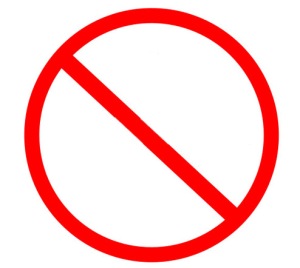‘How To Do What You Love’
Although doing great work takes less discipline than people think — because the way to do great work is to find something you like so much that you don’t have to force yourself to do it — finding work you love does usually require discipline. […]
Sometimes jumping from one sort of work to another is a sign of energy, and sometimes it’s a sign of laziness. Are you dropping out, or boldly carving a new path? You often can’t tell yourself. Plenty of people who will later do great things seem to be disappointments early on, when they’re trying to find their niche.
Is there some test you can use to keep yourself honest? One is to try to do a good job at whatever you’re doing, even if you don’t like it. Then at least you’ll know you’re not using dissatisfaction as an excuse for being lazy. Perhaps more importantly, you’ll get into the habit of doing things well.
Another test you can use is: always produce. For example, if you have a day job you don’t take seriously because you plan to be a novelist, are you producing? Are you writing pages of fiction, however bad? As long as you’re producing, you’ll know you’re not merely using the hazy vision of the grand novel you plan to write one day as an opiate. The view of it will be obstructed by the all too palpably flawed one you’re actually writing.“Always produce” is also a heuristic for finding the work you love. If you subject yourself to that constraint, it will automatically push you away from things you think you’re supposed to work on, toward things you actually like. “Always produce” will discover your life’s work the way water, with the aid of gravity, finds the hole in your roof.










